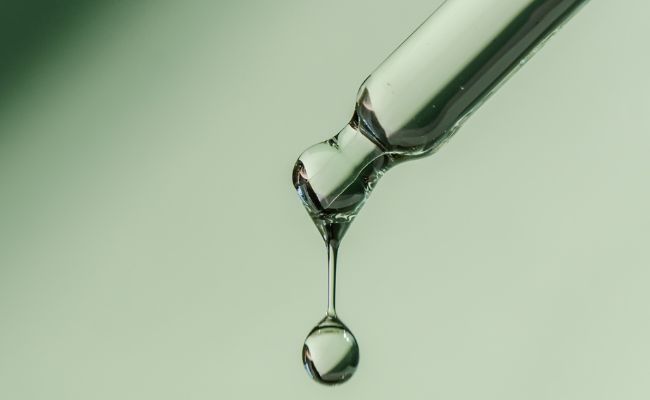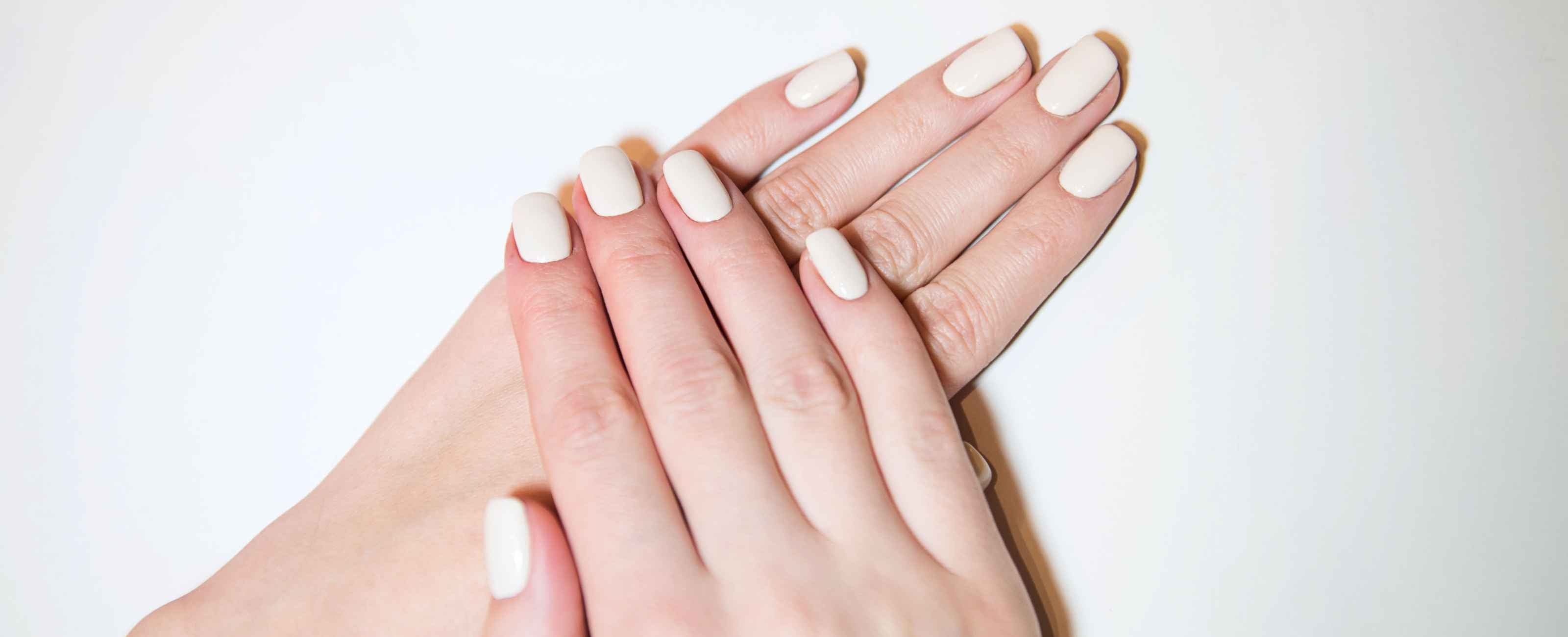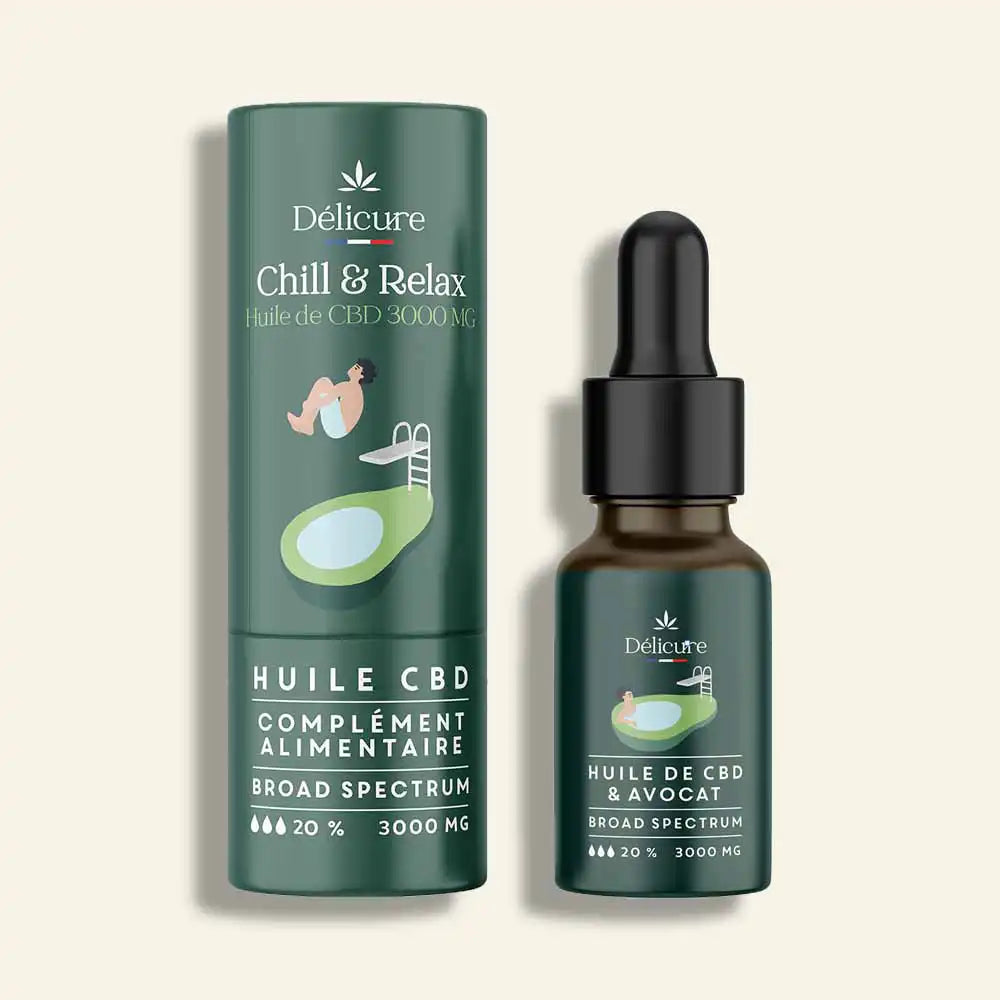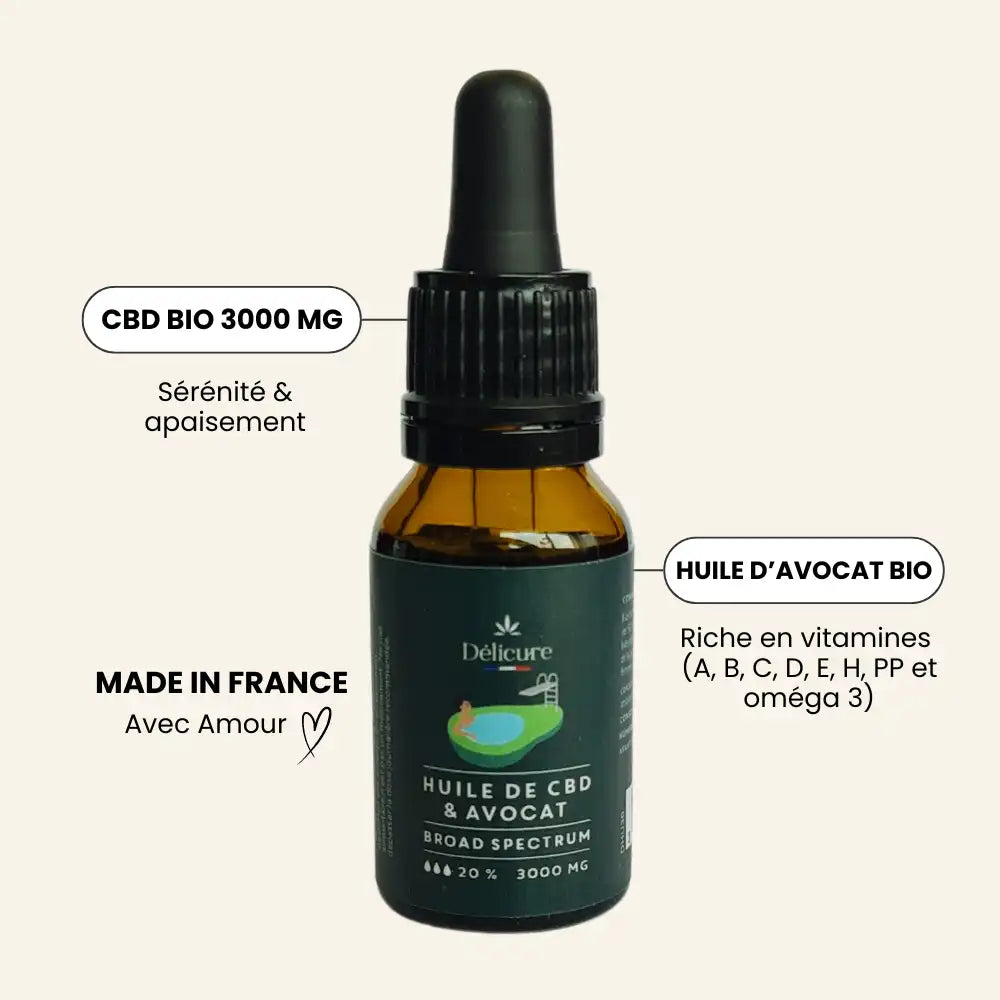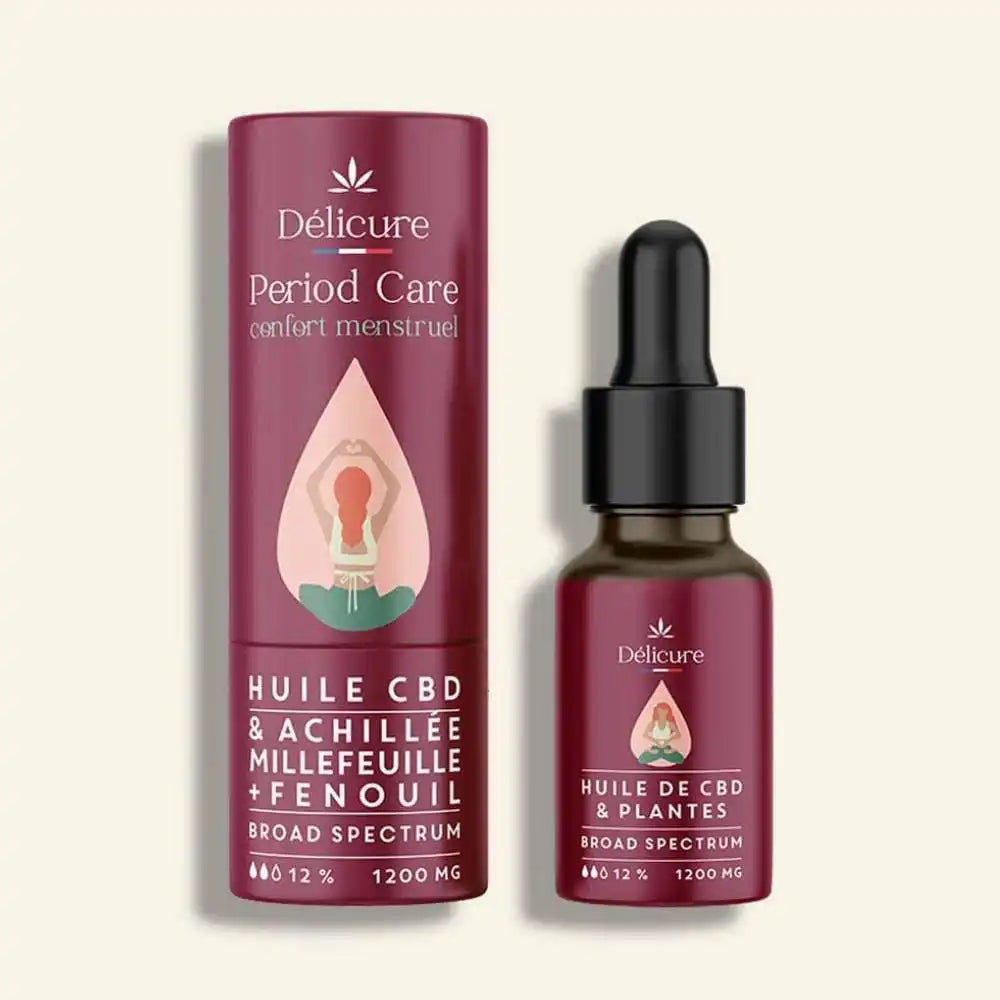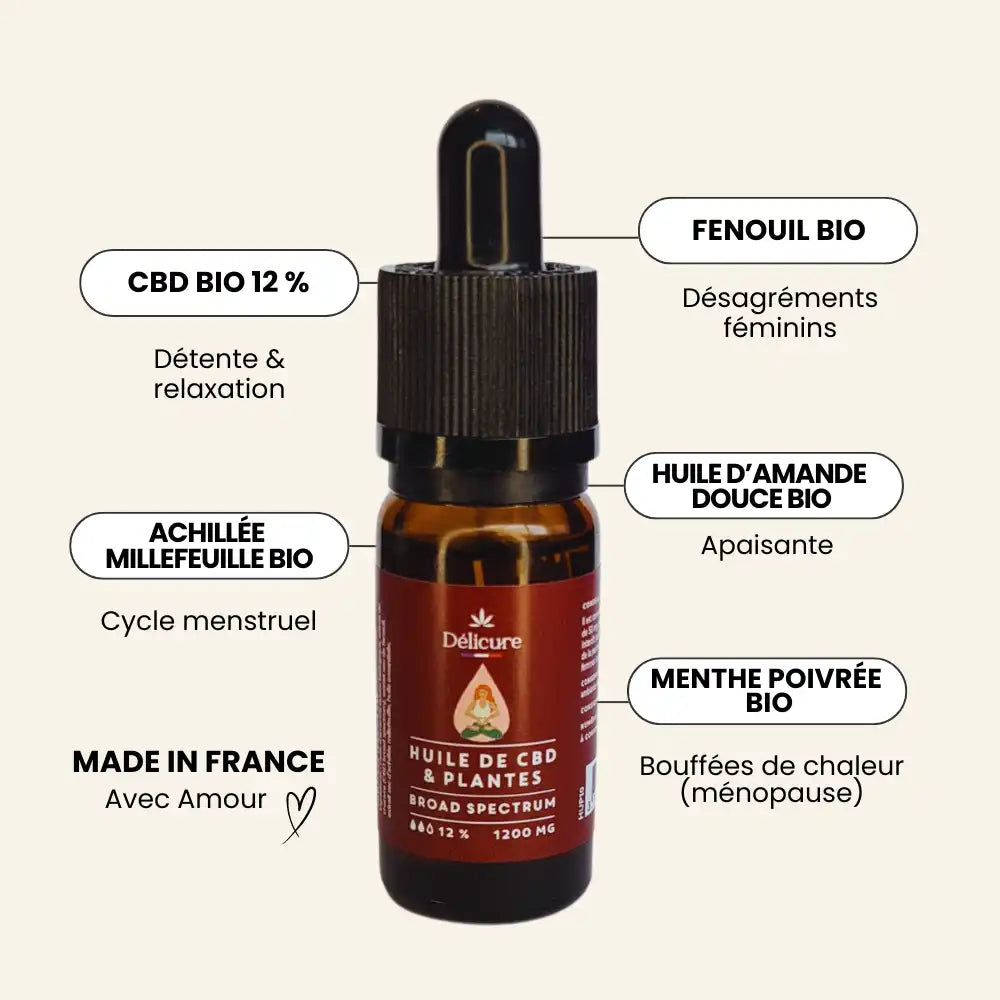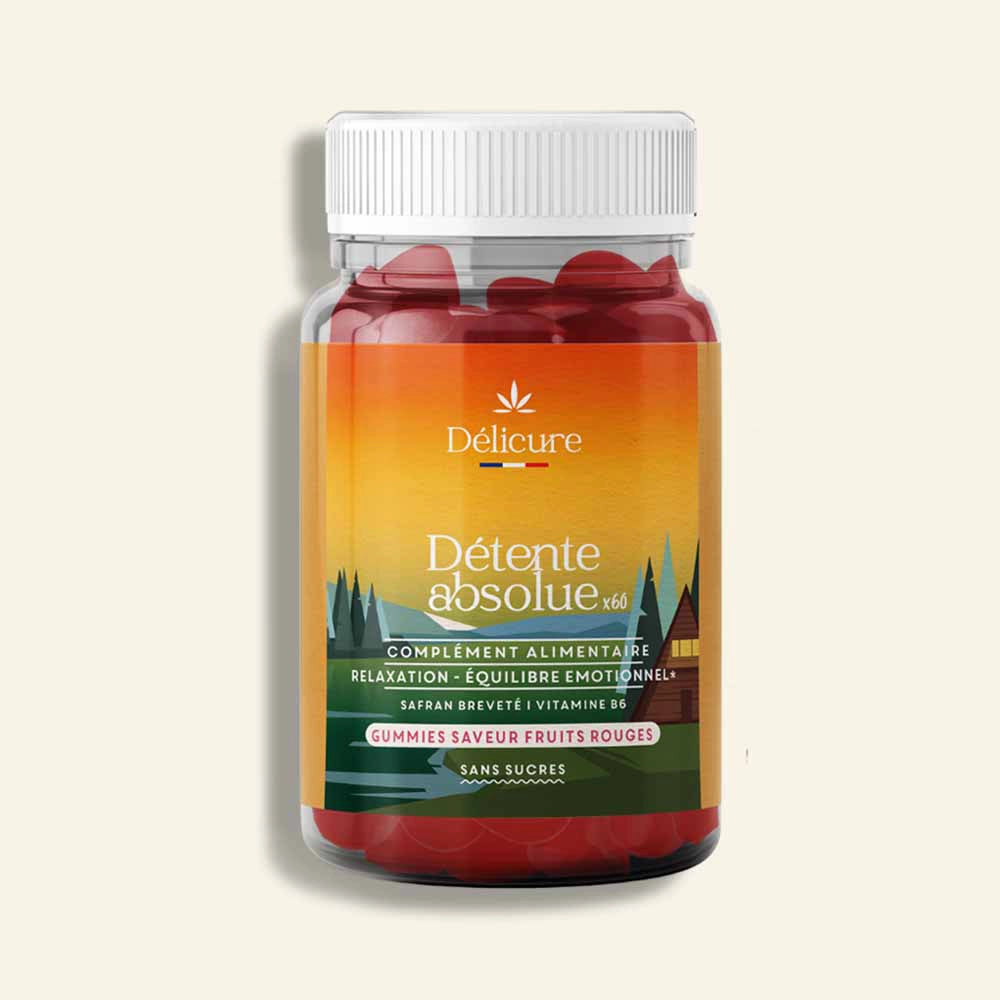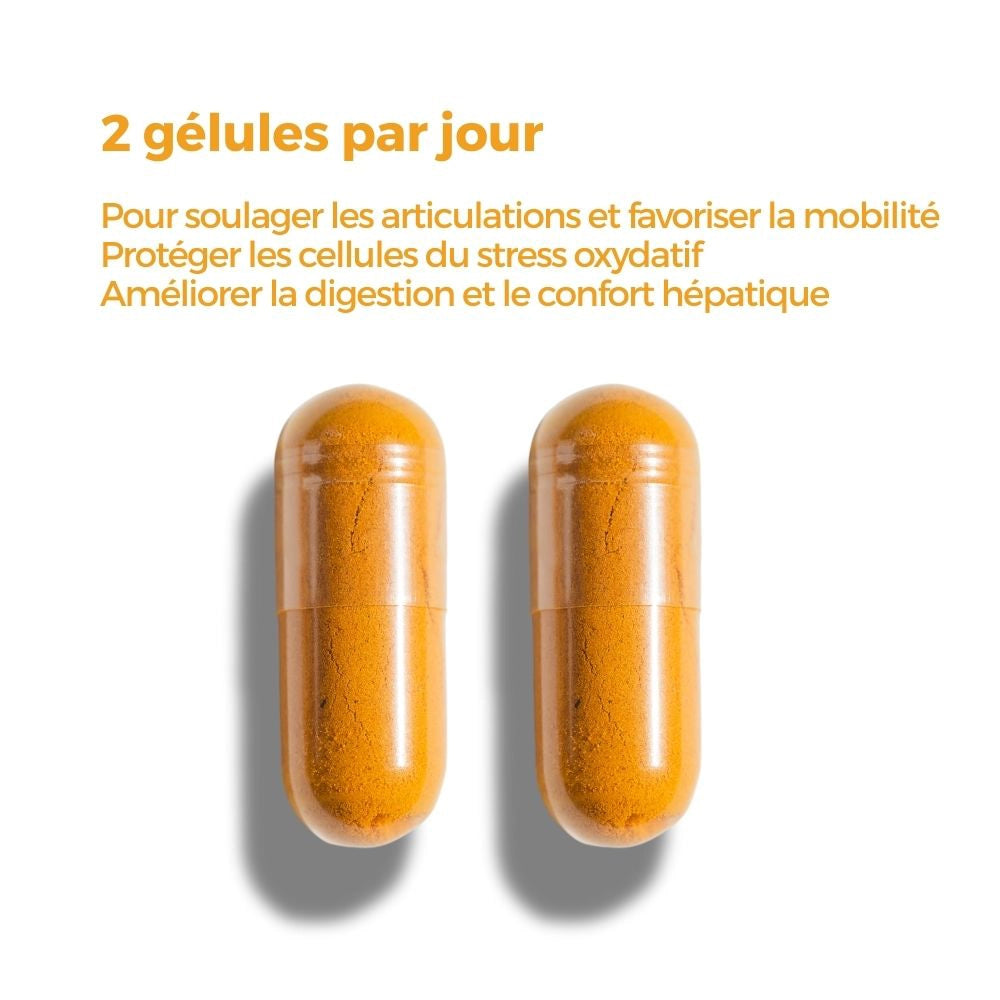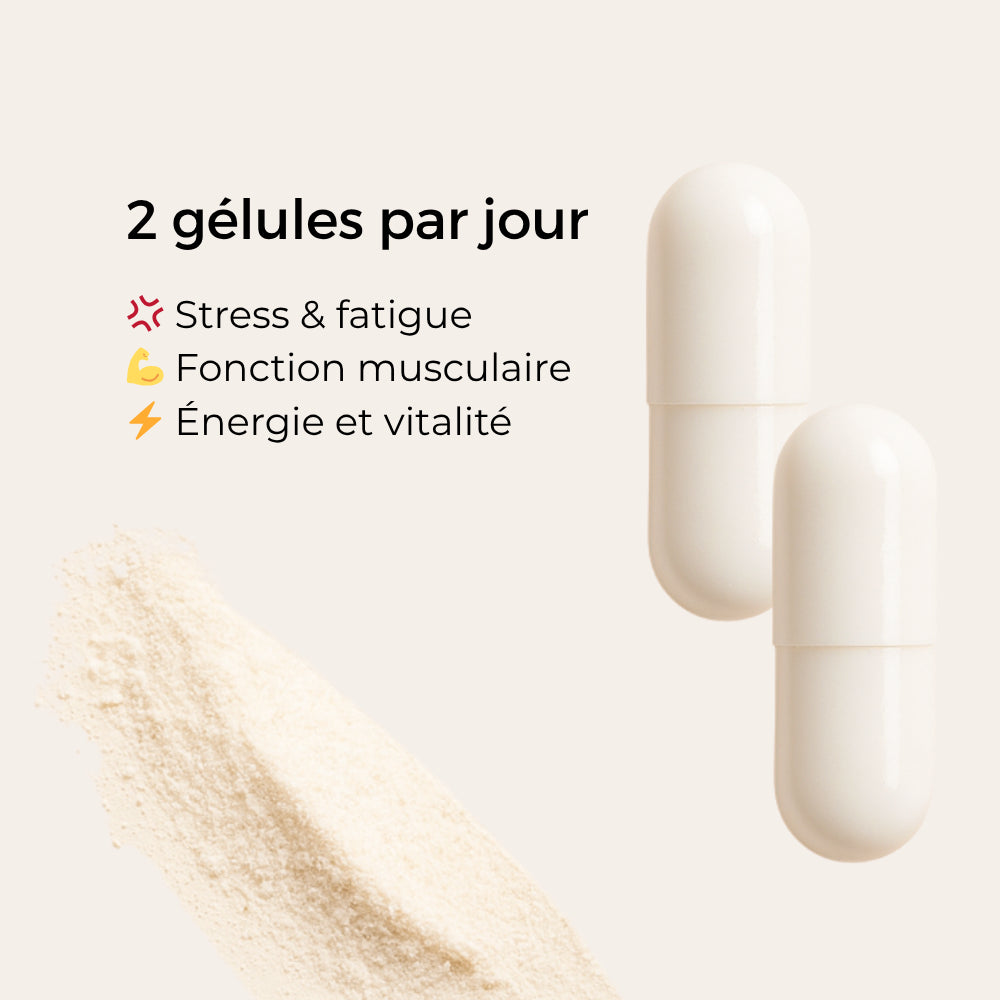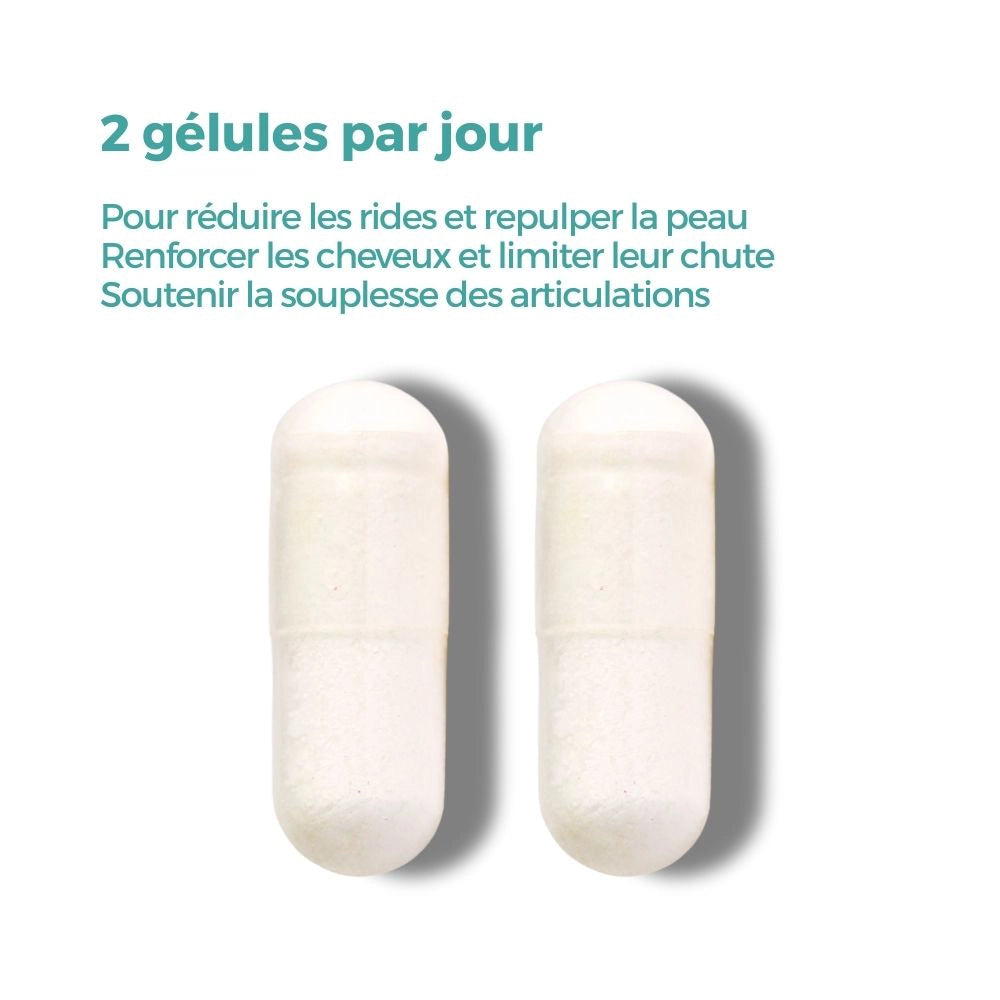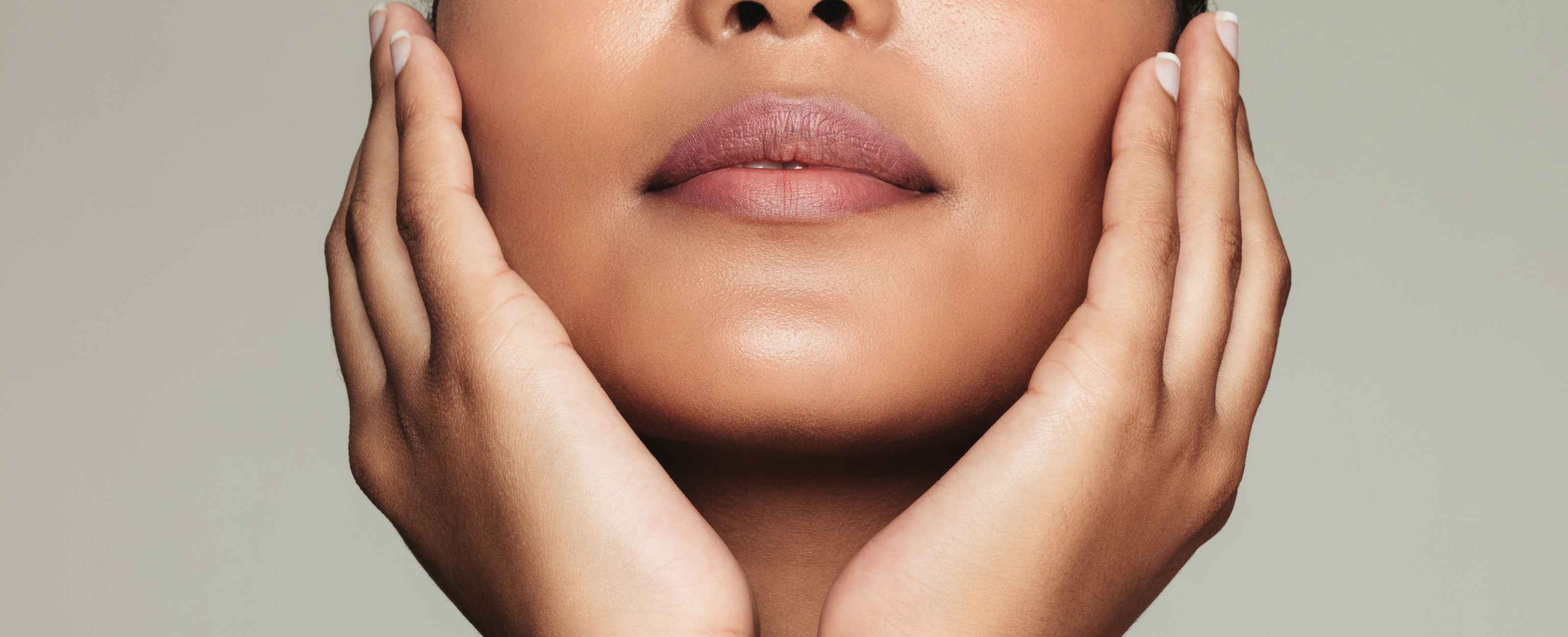
Understanding the skin
The skin is the intermediary between the body and the outside world. Its condition and appearance are evocative elements of the general health and well-being of an individual. When the skin is healthy, it protects the body against bacteria and viruses and regulates its temperature. In addition, it has a rested, hydrated appearance and an even complexion.
Many internal and external factors have an impact on the health and appearance of the skin.
To remedy this, you need to take care of your skin. It is essential to know its composition, how it works and its needs in order to choose the right products, the right skincare routines and adopt appropriate actions.
What is skin made of?
The skin is considered an organ of the human body. It is the largest in terms of size and weight, in fact, skin tissue represents 16% of the total weight.
For example, for an adult man who weighs 70kg, it covers 1.8 m² and weighs approximately 3kg.
Skin thickness can vary across different areas of the body. It is thickest on the hands and feet (about 4.7 millimeters), and thinnest on the face (about 0.12 millimeters).
The skin is composed of 70% water, 25% proteins, 2% fats and 0.5% mineral salts and trace elements. All these components are distributed over three layers of tissue: the epidermis, the dermis and the hypodermis.

What is the structure of the skin?
The skin is divided into three layers (epidermis, dermis, hypodermis):
- The epidermis : this is the upper layer of the skin that is in direct contact with external aggressions. This epidermis is covered with a protective film called the "hydrolipidic film". It is made up of sweat, sebum and lipids secreted every day by the skin. Its role is to retain the skin's moisture and prevent water from evaporating. On this epidermis, there are also microorganisms that ensure the skin's proper balance, this is called the "skin flora". Finally, the epidermis is made up of blood vessels, which explains why during a small cut, only a smaller layer of skin is removed and there is no trace of blood.
- The dermis: This is the thickest and most resistant layer of the skin. It also contains much more water and is much more flexible. In this dermis, there are hairs, sweat glands that create sweat, sebaceous glands that produce sebum as well as blood vessels that provide nutrients and defense cells. In addition, it protects the body thanks to its presence of different types of white blood cells. Also, the dermis helps nourish and supply the epidermis.
- The hypodermis : it represents the deepest and thickest layer of the skin. The hypodermis is the protective interface between the dermis and the various organs. It contains fat cells and adipocytes. Since fat is considered a natural insulator, the hypodermis acts as a thermal regulator to protect against the cold. Thanks to its significant thickness, it protects and absorbs the shocks that the body undergoes.
What are the different functions of the skin?
It is important to know the different functions of the skin in order to better understand the purpose of each of the elements:
- The secretory function: it rejects, thanks to the sebaceous and sweat glands, all elements likely to destabilize the internal balance (toxins, sebum, residues linked to drug treatment, etc.).
- Sensory function: the skin is composed of a large number of nerve receptors that give it a sensory function. These react to different stimuli such as cold, heat, touch or even pain.
- The protective function: it protects the body from all external aggressions (shocks, friction, aggressive products, pollution, extreme temperatures, etc.) of daily life. It helps maintain the body at a temperature of 37 degrees through perspiration. It also forms a barrier against viruses, bacteria and microbes by stimulating certain lymphocytes and white blood cells to ensure good immune defense.
- The emotional function: we ignore it but the skin serves as a means of communication, in fact, it can provide information on our state of health and our emotions. It can redden in case of discomfort, become white in case of illness, be dull because of fatigue, or even reveal dark circles or imperfections.
What are the different skin types?
There are 4 different skin types: dry skin, normal skin, combination skin and oily skin. As mentioned above, skin type depends in particular on genetic heritage.
- Dry skin: it does not secrete enough sebum. It therefore lacks essential lipids to maintain its hydrolipidic film and thus protect itself against external aggressions.
- Normal skin: This is the most “balanced” skin, it is neither too oily nor too dry. However, the T-zone (forehead, chin, nose) may be a little oily.
- Combination skin: It is recognized by the fact that the skin type is different depending on the areas of the face. In general, the T-zone is oily and the rest of the face is normal or dry. The T-zone produces too much sebum while the rest of the face, on the contrary, lacks it.
- Oily skin: This is the type of skin that overproduces sebum, it is called "seborrhea". The skin shines more, then the pores are dilated and more visible.
As for sensitive skin, it is not really a skin type. It can be dry or oily. But it is more reactive and prone to irritation and redness because the epidermis is not able to protect it sufficiently from external aggressions.
Regardless of the skin type, you should know that its health status can vary depending on various factors it faces.

What are the main factors that affect the skin?
- Genetic heritage: it determines the type of skin as well as its biological aging. It can also imply a predisposition to skin diseases.
- Hormones: Hormonal changes can cause acne during puberty, or increase melanin production and create a form of hyperpigmentation (melasma) during pregnancy. As for osteogenic hormones, they have a beneficial effect on the skin's moisture balance. However, when they decrease during menopause, the skin loses its structure. Finally, stress makes the skin much more sensitive, more fragile, and less resistant to free radicals. It leads to the production of cortisol, a hormone that affects the epidermis' immune system. This can damage the skin's protective function and cause allergic reactions, skin aging, dryness, the appearance of wrinkles or pigment spots.
- Climate and environment: First of all, UV radiation has a significant impact on the skin. Free radicals are aggressive molecules that are responsible for the oxidation process of tissues, damaging cells. They can therefore lead to premature aging of the skin. Then, the skin is also sensitive to temperatures and their variations. The cold causes the phenomenon of vasoconstruction (thermal regulation of the peripheral cutaneous arterioles which directs blood flow towards the deep venous system). The cold prevents the secretion of the sebaceous glands but causes the skin to dry out. On the contrary, when it is hot and humid, the sweat glands produce more perspiration. The skin then becomes clammy and shiny.
- Chemical aggressions: slightly acidic (pH of 5), the skin is sensitive to aggressive cleaning agents (for example sodium lauryl sulfate) which excessively solicit its natural neutralization capacities. Its cells are damaged and its protective barrier function (at the epidermis level) loses its effectiveness. The skin can then become very dry and become hypersensitive.
- Diet: when balanced, it helps keep skin healthy. Indeed, certain imbalances can cause, for example, acne. Water also plays an important role in the elasticity and hydration of the skin. Taking food supplements can be effective in helping to maintain normal skin. Délicure offers a range of vegan and natural gummies, rich in vitamins (B6, B8, B9, B12 and E) and minerals ( zinc , selenium), which targets hair, nails and skin.
What are the main skin diseases?
The above factors can cause skin diseases. Almost every individual, during their life, has faced the appearance of spots, redness or itching on the skin.
Here are the most common skin diseases:
- Eczema: This is the most common skin disease. It can affect any part of the body and manifests itself with itching, redness, vesicles or blisters. This disease is favored by dry skin.
- Rosacea: This is quite common and only affects the face. This disease can manifest itself with redness, tiny broken blood vessels, small pink bumps filled with pus, swelling around the eyes, painful eyelids or even thickening of the skin on the nose.
- Skin fungal infections: These are characterized by a scaly, itchy rash, inflammation, and discoloration of the skin . Examples include athlete's foot, ringworm, and intertrigo .
- Psoriasis: This is an autoimmune disease that is recognized by the appearance of red, scaly patches. It causes pain and swelling in the affected joint(s) .
- Shingles: It is diagnosed following a red, blotchy, painful rash. It is often seen on the chest and stomach, or the face, eyes, and genitals. The rash may appear as blisters that itch and ooze.
- Acne: Recognized by the appearance of pimples, this disease is linked to an inflammation of the sebaceous glands under the skin . It most often occurs on the face, chest and back. It can affect all ages but is more often due to puberty and its hormonal variations.
If symptoms suggestive of a skin disease appear, you should quickly see a doctor or dermatologist who will prescribe appropriate treatment.



